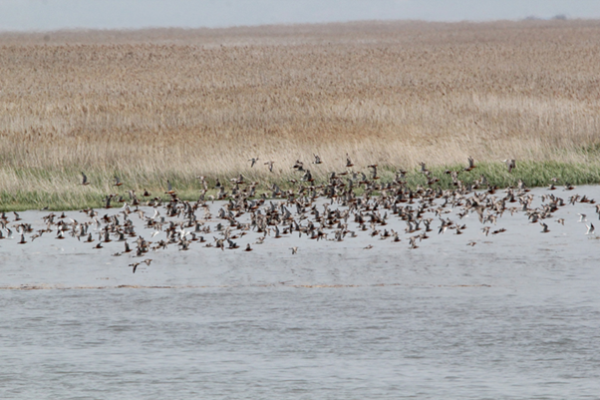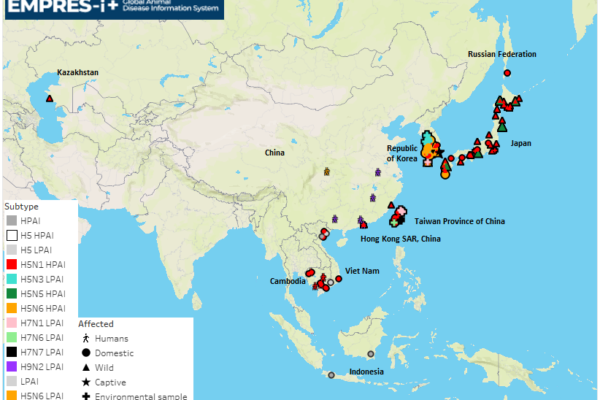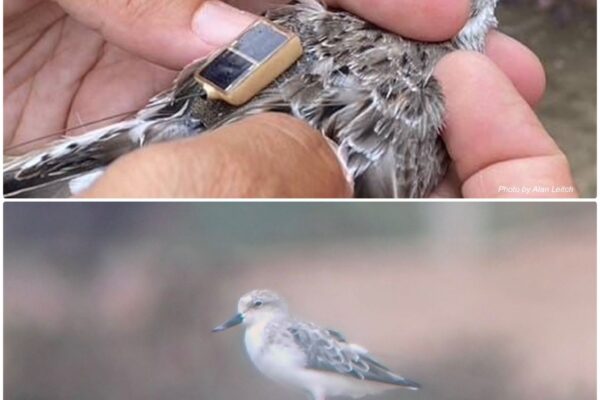The Financial News/Kap-Soo Han
Translated by the EAAFP Secretariat
Incheon will be promoted as a place of education for observing and research of migratory birds that are designated as natural monuments, such as Black-faced Spoonbill and Oriental Stork.
Incheon declared on February 10th that it will start ecotourism business and management, such as habitat maintenance of Black-faced Spoonbill and captive breeding of Oriental Stork.
In Incheon 233 species of migratory birds visit eight wintering grounds, such as Yeongjong island, Ganghwa island and Songdo. Among the birds there are priority species, such as Black-faced Spoonbill, Saunders’s Gull, Chinese Egret, and 33 endangered species and 28 national monument species.
Every year a lot of migratory birds are coming in Incheon but systematic and overall habitat management for migratory birds has not been carried out. Also, there is no information or programs related to migratory birds and no visitors’ center for ecological education and experience.
Incheon city decided to promote ruct Eco Experience Center and Oriental Stork Eco Village in consultation with the central government agencies, such as the Cultural Heritage Administration and the Ministry of Environment.
Incheon city is planning to nominate about 692.03?of tidal flats in Ganghwa, Ongjin, Jung-gu, Yeonsu-gu area as a Flyway Network Site to East Asian- Australasian Flyway Partnership (EAAFP).
They also decided to construct a National Migratory Bird Research Center on Socheong Island by 2017 for monitoring and study of migratory birds.
It will consist of the Korean Migratory Bird Research Center as well as facilities for educational programs and hands-on experience of learning including bird watching with a national budget of 6.9 billion won (6 million USD).
The city government also decided to provide a training program for citizen who can contribute migratory bird monitoring and work in birdwatching tourism on a regular basis in 2016. They will also find a way to support the Ganghwa Tidal Flat Center in terms of operation and activities.
They also decided to provide birdwatching programs by providing systematic monitoring data so that citizens can benefit from them when watching migratory birds.
In addition, the city decided to develop cooperation project by encouraging a private-public-academic cooperative network with research institutes, NGOs and the EAAFP Secretariat.
“Incheon will be developed as a stronghold to provide an experience program and ecological education using Ganghwa Tidal flat Center and the National Migratory Bird Research Center“, said a city official.
Click here to see the original article (in Korean)




